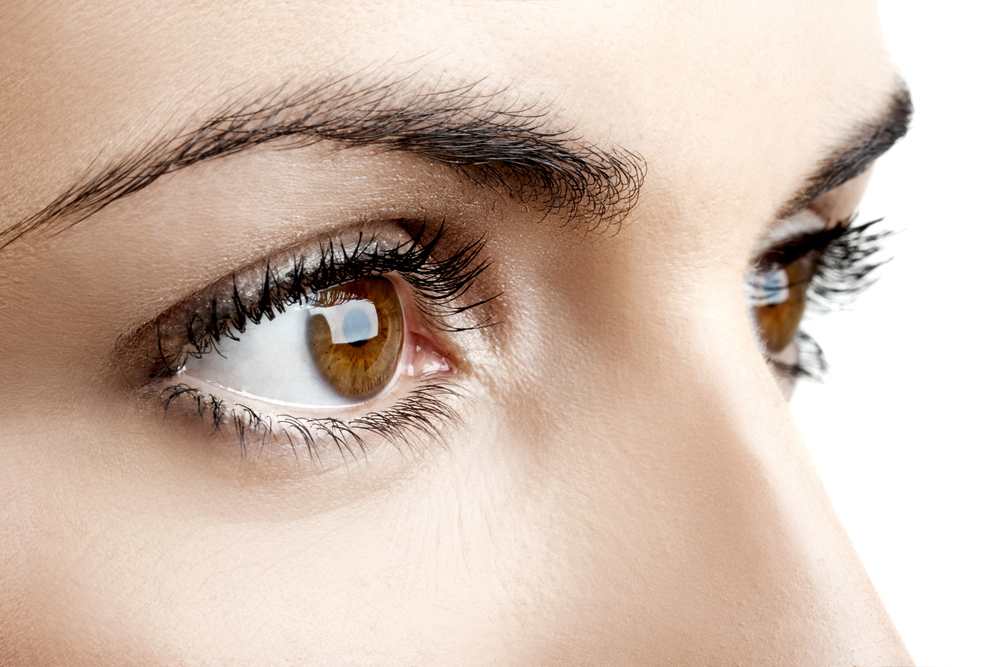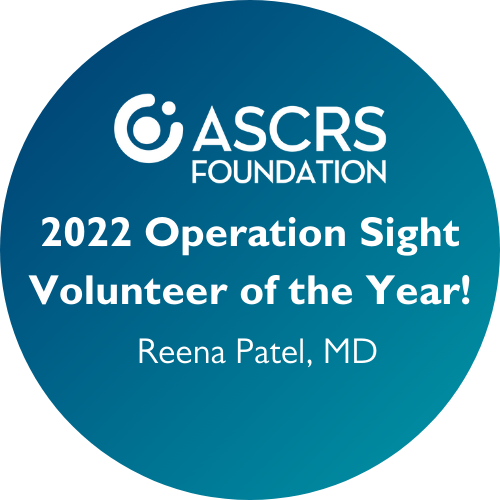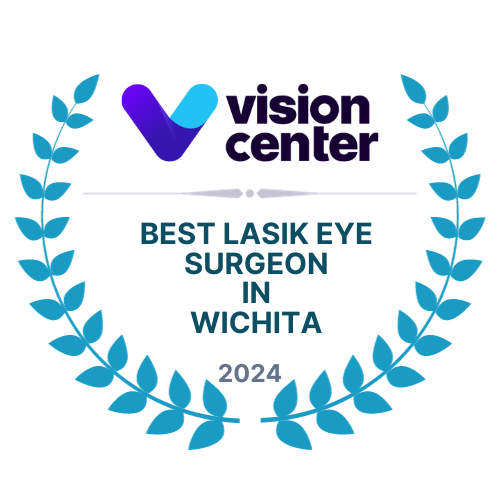Being able to enjoy freedom from wearing glasses is why laser eye surgery remains a popular choice for people with vision problems. At the Wichita Vision Institute in Wichita, KS, Dr. Reena Patel performs both LASIK and PKR procedures to restore perfect vision in nearsighted and farsighted patients. While these are very safe procedures with excellent, long-lasting results, it is important to avoid certain things in the period immediately following your procedure.
Specific Things To Avoid After LASIK or PKR
While you will notice clear vision very soon after your procedure, there are still certain activities and practices you should avoid to make sure your eyes have a chance to fully recover. The more closely you follow your doctor’s instructions when you get home, the more quickly your eyes will heal.
The main goal in the days following surgery is to avoid rubbing the eyes, and to keep them free of debris and contaminants. This is easy to accomplish by following some common-sense practices and avoiding dirty, dusty environments. Depending on your job functions, you may wish to take a few days off work to allow your eyes to rest, although many patients are able to return to work on day 2 or 3.
Dirt, Dust, and Pollen
Keeping your eyes free of debris such as dust and pollen in the days following your surgery is important. Any kind of debris might cause you to rub your eyes, which must absolutely be avoided until your eye flap has had a chance to completely heal.
If something does get into your eyes, it should be flushed out with a natural tear product. Avoid using tap water for this purpose – it might not be sterile and does not have the lubricating properties of a natural tear formulation.
Irritating Cosmetic Products
Since the goal is to keep your eyes as clean as possible, it makes sense to avoid having makeup or other potentially irritating products near the eyes. Ideally, you will want to forgo eye makeup for a month following surgery. Absolutely nothing should be going in your eyes except prescription eye drops and natural tear products.
Even shampoo can cause eye irritation, which is why we ask patients to not wash their hair for a couple of days after their procedure. When they do wash their hair, it should be with a tear-free shampoo formula, and care should be taken to rinse away from the eyes. Even getting water in the eyes in the days following surgery is not a good idea. When washing your hair or face, keep your eyes tightly shut.
Screen Time
Excess screen time, whether it be on your phone, computer, or TV, can cause eye strain. For at least two days after your procedure, it is advised to limit time on these devices. If you must look at a screen, take frequent breaks to rest your eyes. Even taking a few moments to close your eyes, allowing them to re-lubricate, can be helpful.
Swimming
As noted earlier, getting water (especially non-sterile water) in the eyes should be avoided for several days post-surgery. It follows that swimming is not a good idea. Whether you are in a pool or in a natural body of water, there could be bacteria present in the water which might compromise your recovery if it gets splashed into your eyes. Avoiding hot tubs is also a good idea.
Vigorous Exercise
As with any surgical procedure, it is a good idea to take it easy for at least a week afterward and avoid intense exercise. In the case of a laser eye correction, there is the added concern that sweat could drip into the eyes, causing irritation or encouraging the patient to inadvertently rub their eyes. In most cases, normal activities can be resumed a few days after the procedure, and intense physical activity can be resumed around the one-week mark.
Ensuring the Fastest Laser Eye Surgery Recovery Possible
Protecting your eyes after a recent laser procedure is essential to ensure a seamless recovery. While the recovery time for laser eye surgery is considered fast in the sense that you should be able to see perfectly very soon after your procedure, it can still take several weeks for the eye flap to fully heal, which is why not rubbing the eyes during this critical period is so important.
What To Do When You Get Home
In the hours following your procedure, it is important to rest in a dark room with your eyes closed. Your doctor may prescribe a sleep aid so that you can sleep for a few hours (which can be hard to do during the day if you aren’t used to taking a nap). When you wake up, you should already notice a significant improvement in your vision.
Using Your Eye Drops
You will be sent home with prescription eye drops, and it is important to use these exactly as directed in the days following surgery to prevent inflammation. These drops can also help to minimize dry eyes, which is common after LASIK. When administering these drops, it’s a good idea to keep your eyes closed for a few minutes to maximize the effects of the medicine.
Being Mindful of Your Environment
Avoiding dirty, dusty, or smoky places where there is a higher chance of a contaminant getting into your eyes is a must. Even being outside on a spring day when there is a lot of pollen floating around in the air is not a good idea. Wearing a protective eye shield in such environments is recommended.
If your job requires you to be in a dirty or dusty setting, such as a factory or construction site, you may wish to consider taking some extra time off work, or at least using protective goggles at all times until your eyes have healed completely.
Don’t Forget Your Protective Eye Shield
Protecting your eyes from airborne particles and harsh light is an important part of the recovery process, which is why we ask patients to wear eye protection in the days following their procedure. On the first day, this eye protection should not be removed at all. We recommend even leaving the eye shield on while sleeping, to keep you from accidentally rubbing your eyes while asleep.
On the second and third days, you will probably only require eye protection to go outside. However, wearing sunglasses when outdoors is a great life-long practice to avoid potential eye damage from UV light. Purchasing a high-quality pair of sunglasses that blocks the full spectrum of UV light is a worthwhile investment.
Hygiene Considerations
Washing your face often to keep bacteria away from your eyes is a good idea, but you will want to avoid touching your eyes when you do so. Eye drops are all your eyes need to keep them clean. You definitely do not want irritating soap or shampoo to get into your eyes until they are fully healed. Eye-makeup remover should not be required since we advise patients to not wear eye makeup for a month after their procedure.
Touching the eyes is of course a no-no, but we all tend to touch our face from time to time, usually without even realizing it. This is why it’s very important to keep the hands clean as well.
Following Basic Precautions
While it might seem like there are a lot of things you should and should not be doing in the days following laser eye surgery, most of these are just common-sense instructions that would be intuitive anyway. The main goals are to not rub the eyes, to keep obstructions and contaminants out of the eyes, and to use your eye drops exactly as directed. If you follow this advice, your eyes should heal perfectly within 2 to 3 weeks.
When Should You Call the Doctor?
While complications from laser eye surgery are extremely rare, if you notice any redness or blurred vision in the days following your procedure, you should contact your doctor right away.
Find Out If Laser Eye Correction is Right for You!
The best way to determine if you are a good candidate for either LASIK or PKR is to schedule a consultation with Dr. Patel. Contact us today at the Wichita Vision Institute in Wichita, KS, so that we can set up an initial meeting to check your vision, review your medical history, and determine if this life changing procedure is right for you.







